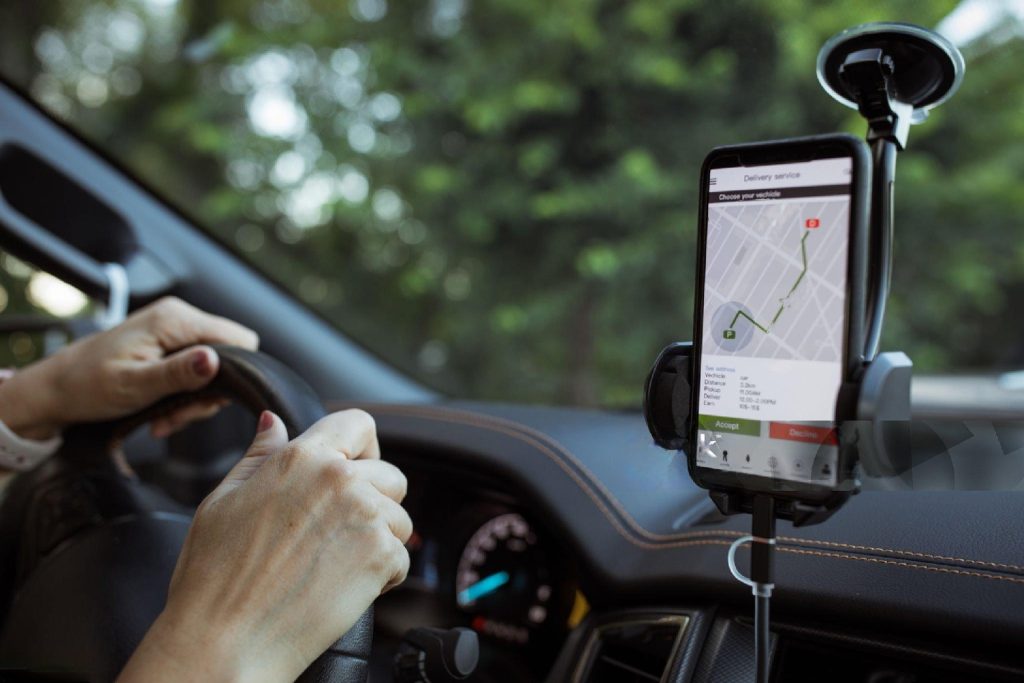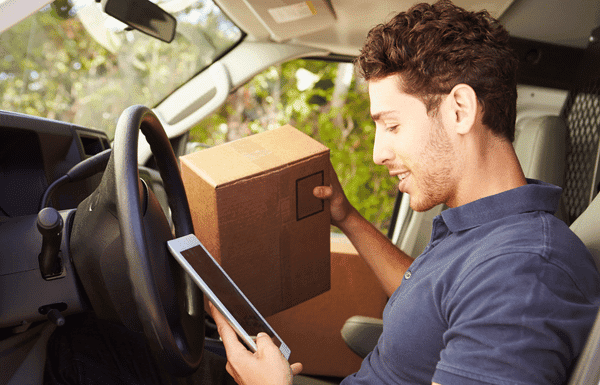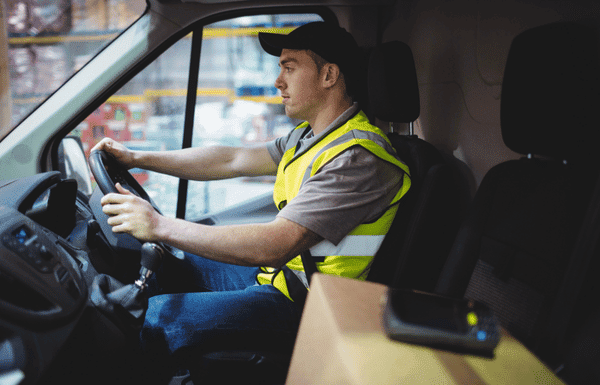The gig economy has transformed the logistics industry, creating more freelance opportunities for delivery drivers. Here’s what drivers should know to succeed in this evolving landscape.
1. Flexibility is Key
Gig economy delivery jobs offer flexibility, allowing drivers to choose their own hours. This can be ideal for those looking to balance other commitments or work multiple jobs. However, flexibility also means income can vary, so drivers should plan accordingly to manage inconsistent earnings.
2. Managing Multiple Platforms
Freelance drivers often work for multiple platforms, such as Uber Eats, DoorDash, and Amazon Flex, to maximize income. Familiarize yourself with different app interfaces and understand the payment structures for each platform. This helps you optimize your work schedule and earnings potential.
3. Vehicle Maintenance is Your Responsibility
Unlike traditional employment, where companies may cover vehicle-related costs, freelance drivers in the gig economy must manage their own vehicle maintenance and fuel costs. Keeping your vehicle in good condition and practicing fuel-efficient driving can help reduce expenses and increase profitability.
4. Know Your Legal Status
Freelance delivery drivers are typically classified as independent contractors, which means they are responsible for their own taxes. Understand the tax implications of gig work, including setting aside funds for quarterly tax payments. You may also need to register as self-employed or obtain the necessary licenses to operate legally in your area.
5. Take Advantage of Peak Hours
Maximizing income in gig economy delivery jobs often involves working during peak hours, such as weekends, evenings, and holidays. During these periods, demand increases, and many platforms offer higher pay incentives, surge pricing, or bonuses for completing a certain number of deliveries.
6. Customer Service is Crucial
Just as in traditional logistics roles, freelance delivery drivers must provide excellent customer service. This means being punctual, polite, and responsive to customer needs. Positive reviews and high ratings on platforms can lead to more job opportunities and better pay incentives.
7. Staying Safe on the Road
Freelance drivers should prioritize safety while on the road. Plan your routes efficiently, take regular breaks, and follow traffic rules. In the gig economy, you are responsible for your own well-being, so it’s essential to maintain safe driving habits and ensure your vehicle is in top condition.
Conclusion
Gig economy delivery jobs offer flexible, freelance opportunities, but they come with unique challenges. By managing multiple platforms, planning finances, and maintaining high customer service standards, delivery drivers can thrive in this growing field.




